
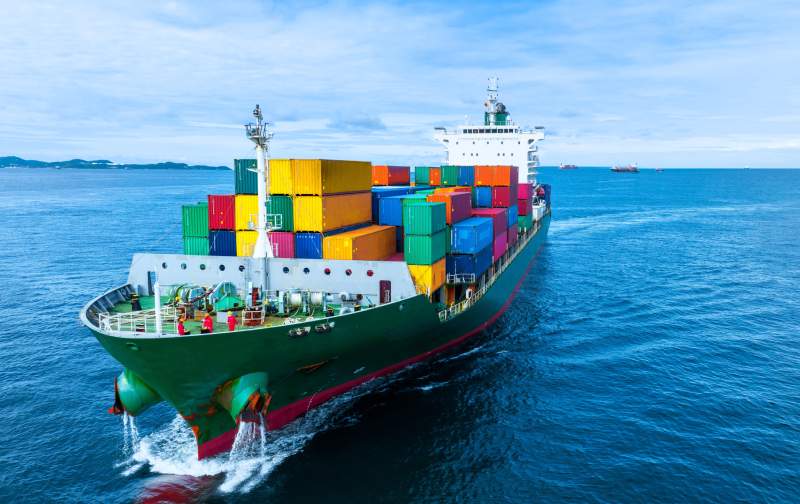
Marine Insurance in India is governed by the Marine Insurance Act 1963, the regulatory body being IRDAI.
Marine Insurance by its very name relates to sea, the term is directly linked to the beginning of trade and the concerns of the merchant who loaded their merchandise on the vessels hoping to benefit by its safe voyage; the prejudice to the adventure by way of operation of maritime peril resulting in loss of the entire adventure laid the foundation for “Marine Insurance”.

The Insured property in Marine Insurance is moving property- Ship/ transporting vessel and Cargo.
The perils associated with the transport of goods(cargo) by rail, road, inland waters, sea is broadly covered under the “Marine Cargo Insurance “.
The vessel carrying the cargo across by inland waters, river, sea /ocean is the subject matter of “Marine Hull Insurance”.

Who are eligible for marine Insurance?
What is covered in the Insurance Policy?
Fire/explosion, Pilferage, jettison, derailment, overturning of road conveyance/collision loss, accident to the transporting vessel resulting in loss to cargo, washing overboard, Act of God Perils, War and SRCC …
The damage to the vessel due to Fire, lightning, accident, collision, rough weather conditions are a few perils that form the subject matter of Marine Hull Insurance.
Hull War Risk and Liability Covers form an important part of the Marine Hull Insurance and is a must whilst undertaking ocean voyage.
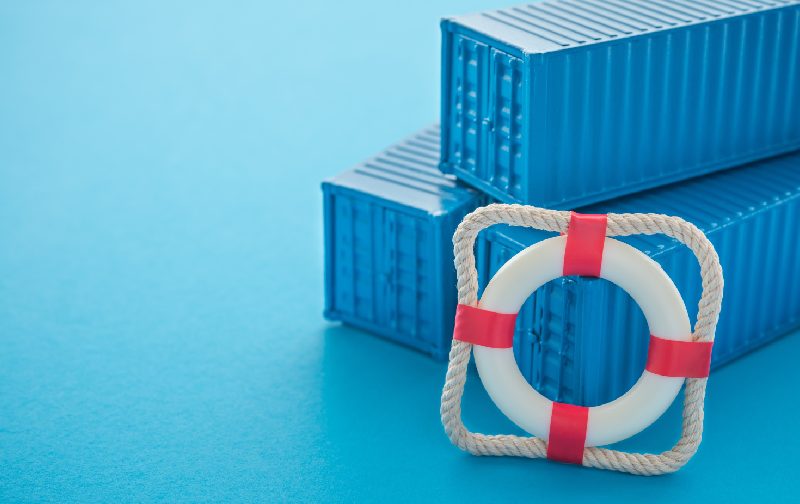
Marine insurance policies are typically tailored to meet the specific needs of the insured party, considering factors such as the type of vessel, the nature of the cargo being transported, and the routes and destinations involved. Premiums for marine insurance are usually based on the value of the insured property or the cargo being transported.
Types of Marine Cargo Policies
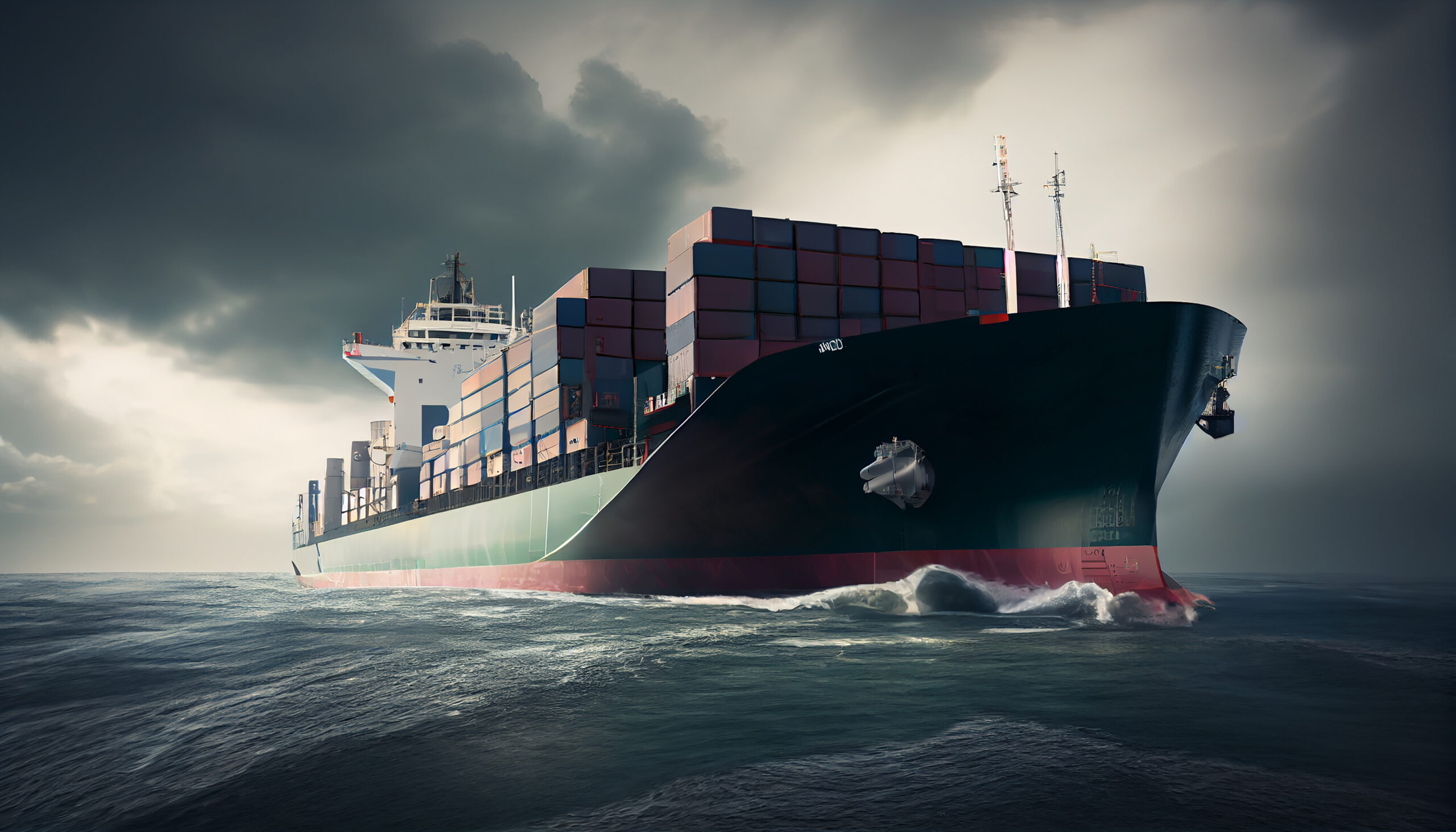
Peculiarities of Marine Insurance
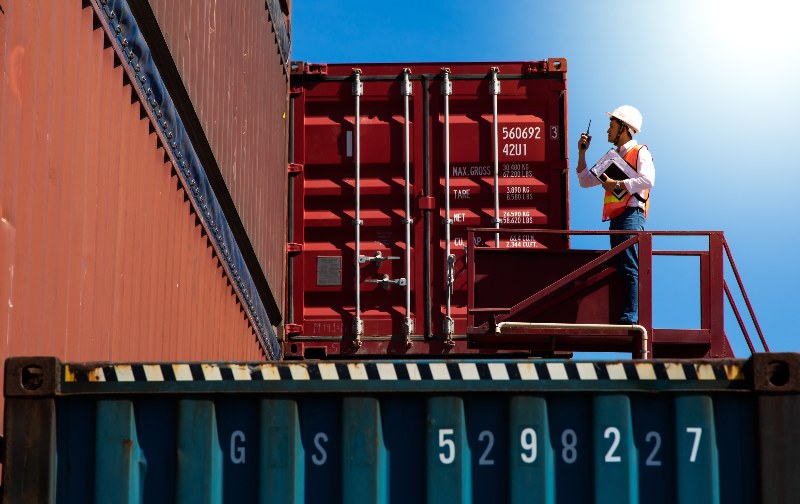
The marine insurance industry is international in nature, with various types of insurers and intermediaries offering coverage worldwide.
Prominent Clauses of Cargo Policies
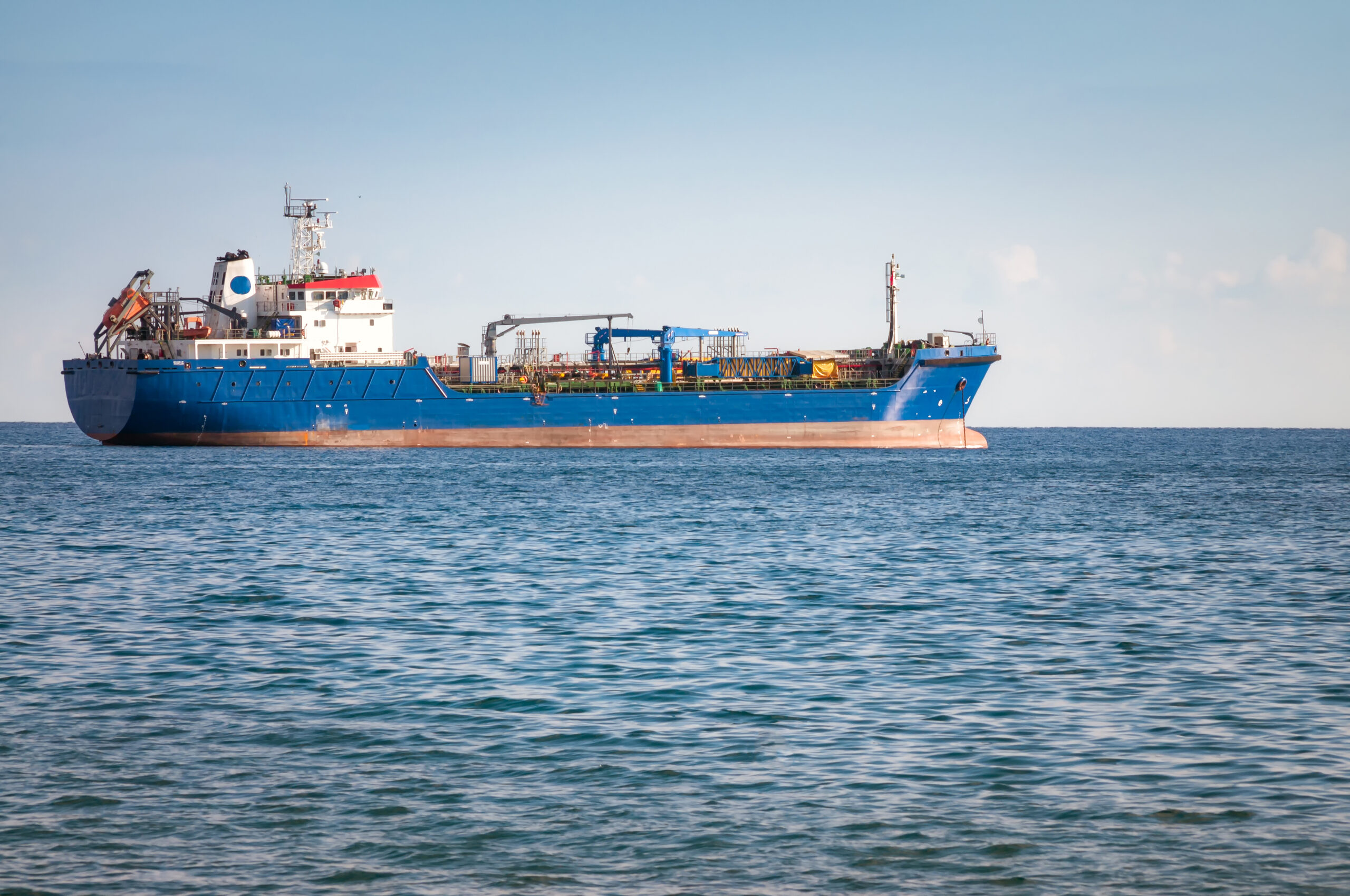
Overall, marine insurance plays a crucial role in managing the risks associated with marine transportation, providing financial protection and peace of mind to shipowners, cargo owners, and other parties involved in the marine industry.
Responsibility for Arranging Insurance
Incoterms serve as a good guide in this regard as they spell out the ‘critical point’ during transit which determines the passing of risk (of loss or damage to the goods) from the seller to the buyer.
Incoterms is the abbreviation for International Commercial Terms. The ICC, head-quartered in Paris, first published Incoterms in 1936. Later editions were introduced in 1953, 1967, 1976, 1980, 1990, 2000 and 2010. Among other reasons for so many editions, the container revolution was a major one: this was when the traditional critical point (ship’s rail) shifted inland to a container terminal due to multi-modal transportation. ‘Incoterms provide a set of international rules for the interpretation of the most commonly used trade terms in domestic/foreign trade’.
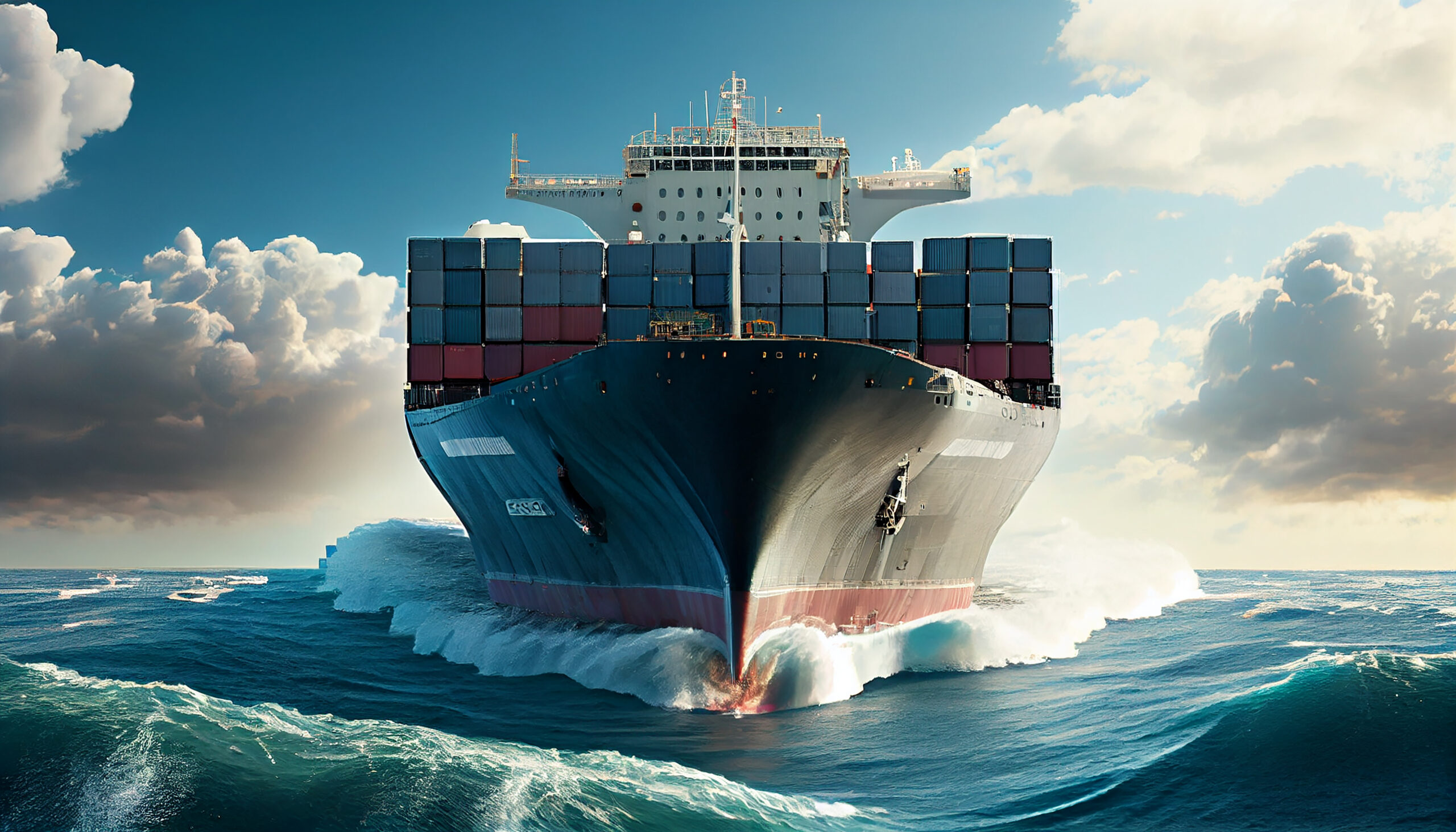
The key benefit of Incoterms is that they are of international standard and universally recognized. Their use therefore reduces uncertainty and ‘interpretation slippage’ as they enable parties to know each other’s rights and obligations. During transportation of goods, especially from one country to another, the seller and the buyer require clarity regarding their respective obligations in respect of loading, domestic(local) transportation in the seller’s country, custom / security clearance, main international transportation, domestic / local transportation in buyer’s country, import clearance etc. Incoterms provide clarity on seller’s and buyer’s rights, obligation, risk and cost.The present edition (2010) came into effect from 1.1.2011 and contains 11 terms. Each rule is represented by 3 letters (e.g. EXW, CIF, DDP) and the mere mention of the 3-letter term in the sale contract eliminates the need to reproduce the entire rules in the contract. Each term has the following sections using the ‘mirror’ method:
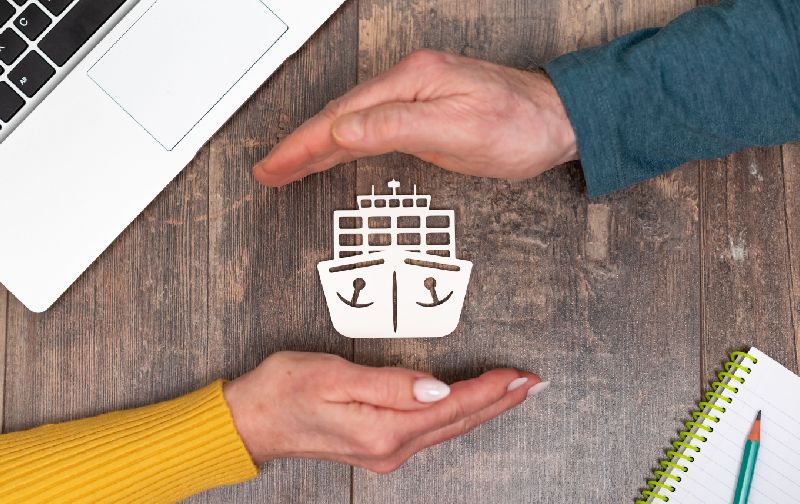
Particular attention must be paid to the following :-
Incoterms do not deal with or transfer of ownership/title to the goods.
Incoterms do not deal with payment terms or payment methods. Incoterms do not replace Contract of Sale: they can be made part of Contract of Sale by express incorporation.
Use the term appropriate to the goods.
Use the term appropriate to the transport required (e.g. term suitable for airfreight).
Decide who will organize transport (e.g. domestic transportation in seller’s and buyer’s country, international [main] voyage)